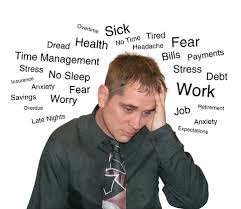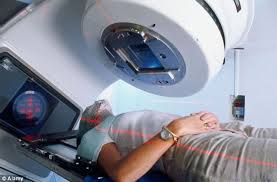Group therapy direct benefits

Group therapy direct benefits are very essential and gives hope to the patients
Group therapy direct benefits: What can group therapy help with?
When complications resulting from substance abuse sets in, life can sometimes become unbearable to the affected individual. There are several therapies that can be applied as means of treatment for such patients a group therapy is just one of them. Doctor Dalal Akoury who is an addiction expert and has been offering lasting addiction solutions to many people across the globe for over two decades now registers that group therapy can technically be applied to a variety of approaches and a variety of concerns, there are certain areas that group therapy direct benefits may be quite ideal. Like for instance, the following are some of the fields, where group therapy direct benefits can actually be realized:
- Substance abuse and addiction
- Anxiety and depression
- Eating disorders
- Schizophrenia and Obsessive compulsive disorders
- Self-harm and Relationship difficulties
Group therapy direct benefits: Substance abuse and addiction
This is one of the situation where group therapy direct benefits counts the most. Keeping a strong support network is very fundamental when it comes to the elimination of addiction. Getting to know the experiences of other people in the same situation is very effective in helping victims of addiction cope with their conditions. Besides group therapy also enables victims to learn new skills and uncovering how their behaviors can impact other people. All these are very helpful tools in your journey to overcoming addiction.
For people suffering with anxiety, getting out and interacting with those who understand can be helpful. Knowing you aren’t alone in your feelings and hearing how others manage their anxiety can be very helpful in social skill development. Besides that, those dealing with depression may find themselves feeling vulnerable and isolated. Getting out of the house and talking to others is always useful and in a group therapy session it can be even more so.
For some people, the support network created by group therapy can aid recovery from an eating disorder. For others however, it can be counterproductive. If you find that you are comparing yourself to others in the group (for example their weight or size) it may be worth seeking individual therapy instead.
Group therapy direct benefits: Schizophrenia and obsessive compulsive disorder
Being alone with your own thoughts during times of anxiety can trigger symptoms when you suffer from obsessive compulsive disorder. Speaking to others who understand your feelings and behaviors can help you understand your condition better. Group therapy direct benefits for those with schizophrenia will depending on the severity of the condition. It can be helpful to reach out to others who experience similar symptoms to yourself, and learning more about the disorder can help you understand your own thoughts better.
Self-harm and relationship difficulties
If you find it difficult to forge and maintain relationships, attending group therapy could help. Remember that being around other people on a regular basis help you to develop interpersonal and social skills which you can practice outside of your sessions. Hearing how others cope with their problems, including practical tips you may not have thought of, can also be incredibly helpful. His list may not be exhaustive and therefore you can always schedule for an appointment with doctor Akoury for more professional assistance.
Group therapy direct benefits: What can group therapy help with?
http://www.awaremednetwork.com/







